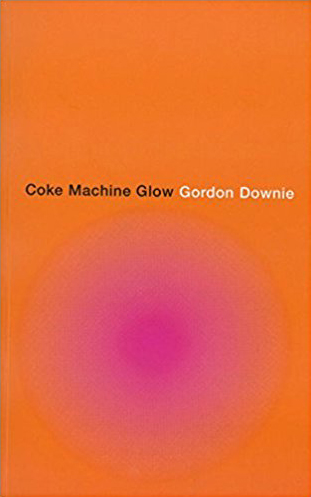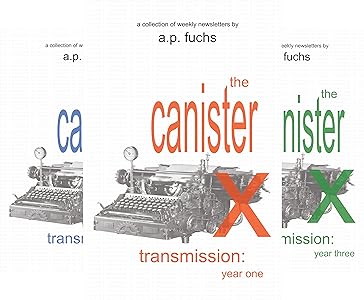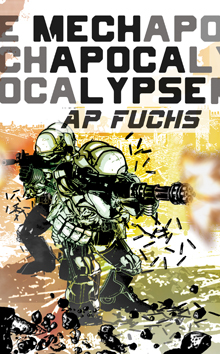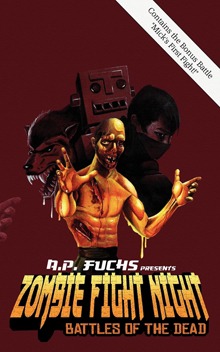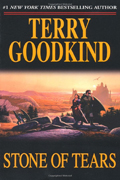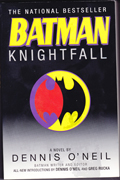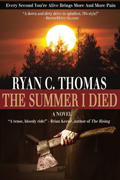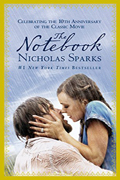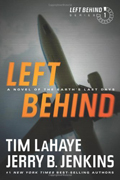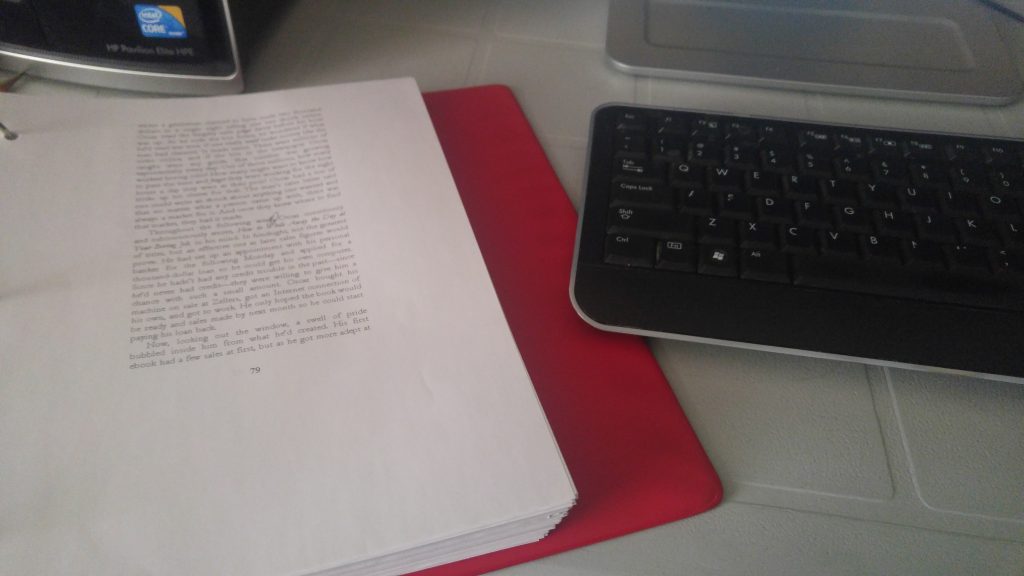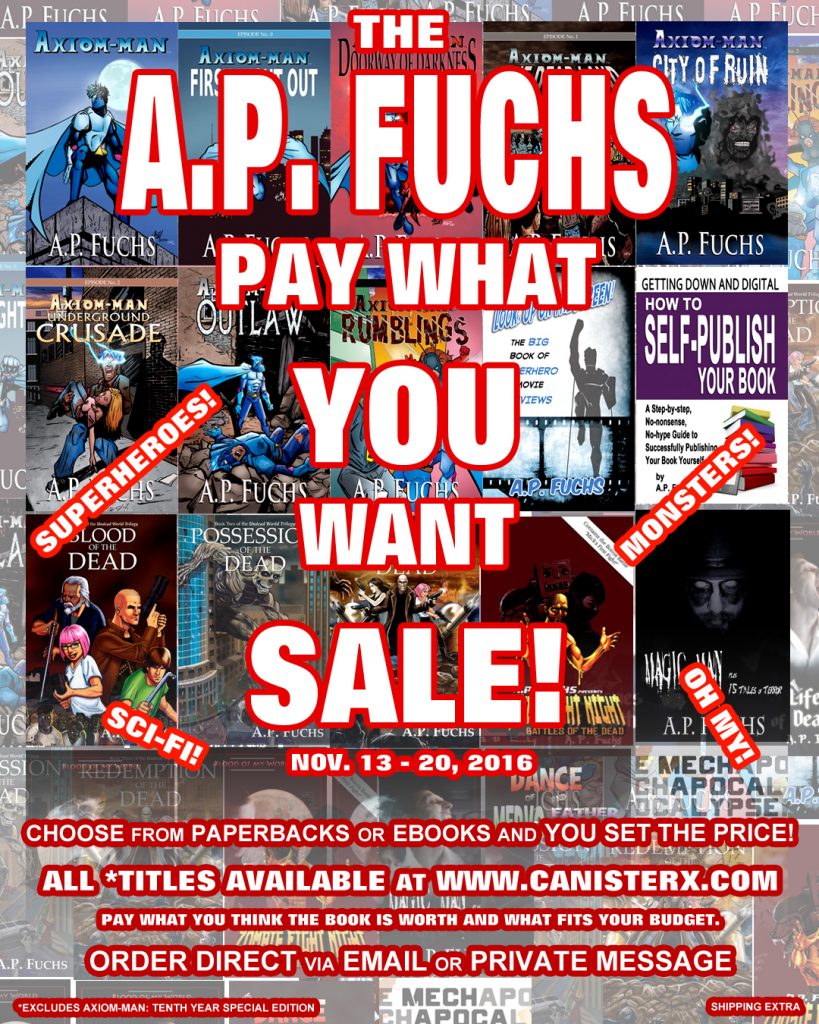The Redsaw Origin and How I Write Supervillains
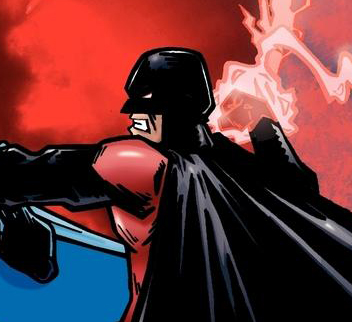
Note: This post on how I write supervillains was originally published on Jeffrey Allen Davis’s blog
Disclaimer: The following article is meant for those who have read some or all of The Axiom-man Saga. If you have not read the series, please stop now and consider checking out the series first as this article contains spoilers, namely Redsaw’s secret identity, which is part of the mystery of the first book.
Like Axiom-man, Redsaw has something of a muddled past. I’m talking about his real life origin, not his story one. However, Redsaw didn’t really come together until writing Axiom-man. Until that point, he was more an idea that never materialized in the mental fantasy I had going which eventually birthed The Axiom-man Saga we know today. All I knew about my overall fantasy was there were two cosmic beings at war. One that represented Good (known as the messenger in the saga), and one that represented Evil (known as the master). How these cosmic beings work is they each have champions on multiple planets throughout the universe, one guy stepping forward for them and duking it out on these planets while these two cosmic beings fight it out elsewhere. Usually, the messenger only puts his man in place once the master strikes an unsuspecting world. On Earth, the messenger’s champion is Axiom-man so, you guessed it, the master’s main man is Redsaw. What’s interesting to note is Axiom-man was put in place shortly before Redsaw’s arrival, a pre-emptive move on the messenger’s part and for reasons revealed in the series.
Redsaw is the main supervillain of The Axiom-man Saga.
That should bring you enough up to speed on who’s who in my superhero universe.
When it came to creating Redsaw, other than knowing he had to be the bad guy, he needed to be more than just the bad guy. The first thing I decided was it was imperative he was more powerful than Axiom-man, first and foremost in his superpowers—which are similar but stronger—and secondly as his human alter ego.
In costume, Redsaw can fly twice as fast, is twice as strong, and the energy beams he shoots from his hands do twice the damage.
Out of costume, Oscar Owen is rich, well-known, and utterly confident, whereas Gabriel Garrison (Axiom-man) struggles with money, is a nobody, and has self-esteem issues.
But that’s just the superficial stuff.
Even the name “Redsaw” is superficial in that I needed a cool name for a villain and “red” typically represents evil and “saw” was named after a sawblade, a dangerous weapon if used to kill somebody. The jagged lines on Redsaw’s red and black costume represent his own jaggedness and danger—again, the sawblade thing.
Going deeper, however, I didn’t want a bad guy who was the bad guy simply because he was the bad guy. In other words, I didn’t want a bad guy being bad for bad’s sake. There needed to be a reason, and the best reason for any villain in literature or film is the one that says they’re the bad guy because they don’t have any other choice. They have a strong motive that turned them down a dark path. A classic example is Darth Vader. He joined the dark side to save Padme. The dark side consumed him and we all know the rest of the story.
Oscar Owen was chosen by the master because Oscar drove himself hard to rise from poverty and become a somebody and tried to be a good guy with his powerful position. Once joined with the black cloud that gave him his superpowers, even then, he strove to be a hero like Axiom-man. He just didn’t know joining with the black cloud came at a cost and the black cloud transformed him into someone he wasn’t: the reluctant villain. The villain you and I can relate to. The one that, if you or I were put in their shoes, would do what they do no matter how dark or despicable because, from their point-of-view, they’re doing the right thing even if the cause is evil.
That’s the kind of main villain I was after for Axiom-man: someone like him. Someone who strove to do what they perceived was the right thing. Unfortunately, for Redsaw, his “right thing” is the wrong thing, but thankfully we have Axiom-man there to stop him.
Regarding other supervillains I’ve created—Char, Bleaken, Battle Bruiser, and Lady Fire—they all have something in common and it all goes back to what I did with Redsaw: they’re more powerful than the hero. It might be their powers, it might be their intellect, but either way, my villains always have a leg up on Axiom-man so they’re a challenge to fight. It’s the only way to create true conflict in the novels otherwise, if they were weaker, Axiom-man would stomp them into the ground every time and the story would be over in a few pages. Sure, it’s fun to have a few purely-human bad guys for Axiom-man to quickly dispose of, but when it comes to his superpowered rogues gallery, I needed my bad guys to be stronger than the hero and make him really dig deep whether physically or mentally to put the villains away for good. And even then . . . they might not always stay put, but for what I mean by that, you’ll have to check out the books and see for yourself.
A supervillain—breaking down the word—sure, the “villain” part is easy. It’s the “super” part that’s hard because that goes beyond their powers. They need to be above average in who they are as a person. They need to be motivated by something beyond what gets us normal people through our day. They need to be motivated by something “super.” It could be a tragedy, a misguidance, even a dark heart birthed out of something beyond their control in years past. There’s no such thing as a person who’s born bad. We all make choices. Some yield Good. Others yield Evil. Others take us down roads filled with both. Throw superpowers into the mix and you have the potential to create a superpowered problem that only a superhero can fight.
As for Redsaw, well, like Axiom-man, he’s on a journey, too. One that can only lead to one place. As for where or what that is, you’ll just have to read and find out.
Thanks for tuning in on how I write supervillains.




